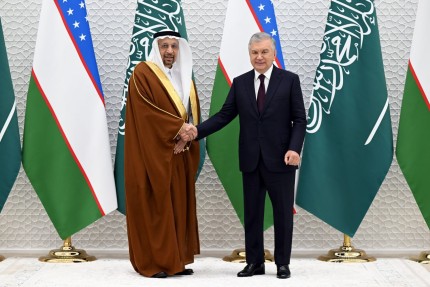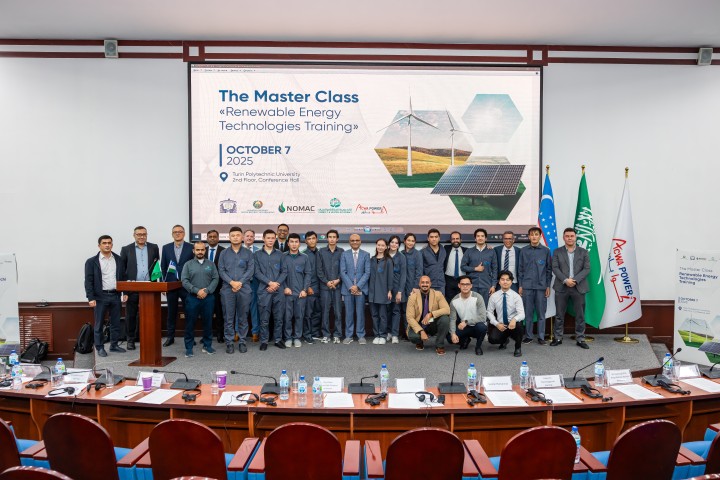The Uzbek Technological Metals Plant (UzKTM) dispatched its first export delivery of 99.9% pure metallic rhenium, the company's press service said.
The contract was signed with the Estonian company VLCor Baltic OU, a supplier of raw materials for the foundry, aerospace and mechanical engineering industries.
Rhenium is one of the rarest and most expensive elements in the periodic table. It is used for manufacturing of heat-resistant superalloys, including for jet engine turbines, as well as in the petrochemical and electronic industries. The bulk of global rhenium consumption is in the United States, Europe and China.
The global rhenium market is about 50-60 tons per year at a price of $2,000 to $4,000 per kilogram, depending on the degree of purity and form of delivery. The largest manufacturers are Chile, the United States, Kazakhstan and China.
Uzbekistan’s resurgence among suppliers may somewhat change the alignment in the niche market, which is characterized by high dependence on a limited number of sources and unstable pricing.
According to UzKTM, the technology for manufacturing rhenium by hydrogen reduction of ammonium perrhenate was handled in 2021. In 2025, the company vows to produce 3 tons of metallic rhenium.
UzKTM exported a total of $ 21.3 million of rhenium in the first year-half, which is by 118% more than the same period last year.
The plant was commissioned in 2024 at the Rare Metals and Hard Alloys Research and Manufacturing Association, which is part of the Almalyk Mining and Metallurgical Plant. By the end of the year, the company also plans to produce 842 tons of molybdenum, 96 tons of tungsten, 5 tons of selenium and 1 ton of tellurium. More than $50 million of the planned $70 million in revenue comes from exports.
Earlier, the First Deputy Minister of Mining and Geology Omonullo Nasritdinkhodjaev said that in 2024-2028, UzKTM will implement over 70 critical mineral projects. The total cost of the program is estimated at $1.6 billion.
Uzbekistan has deposits of more than 30 strategic metals, including lithium, molybdenum, tungsten, germanium, vanadium, graphite and titanium. The government expects that the development of deep processing in this industry will ensure stable export positions in the markets for rare and rare earth elements.
In April 2024, Uzbekistan and the European Union signed a MoU on creating sustainable value chains in the field of critical raw materials. This is expected to help Uzbekistan develop its mining industry, and will provide the EU with access to minerals such as copper and molybdenum.
In September 2024, Uzbekistan signed a memorandum on critical minerals with the United States.















